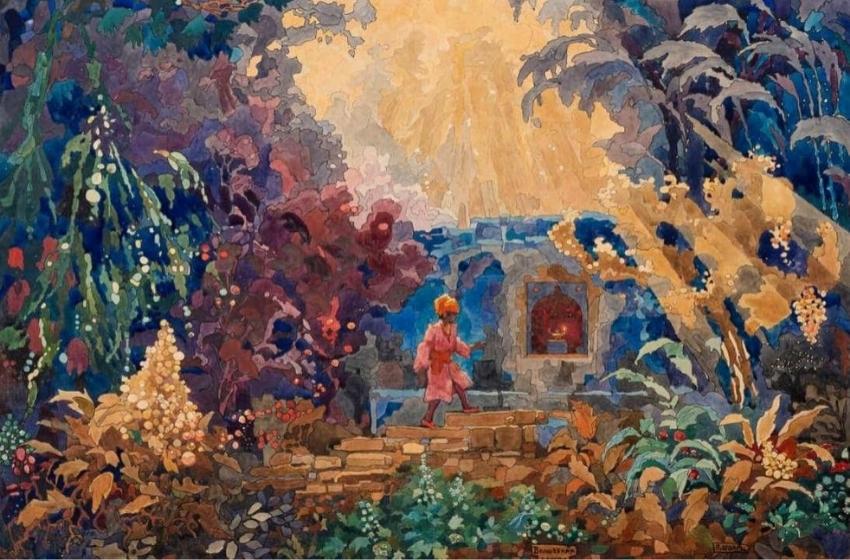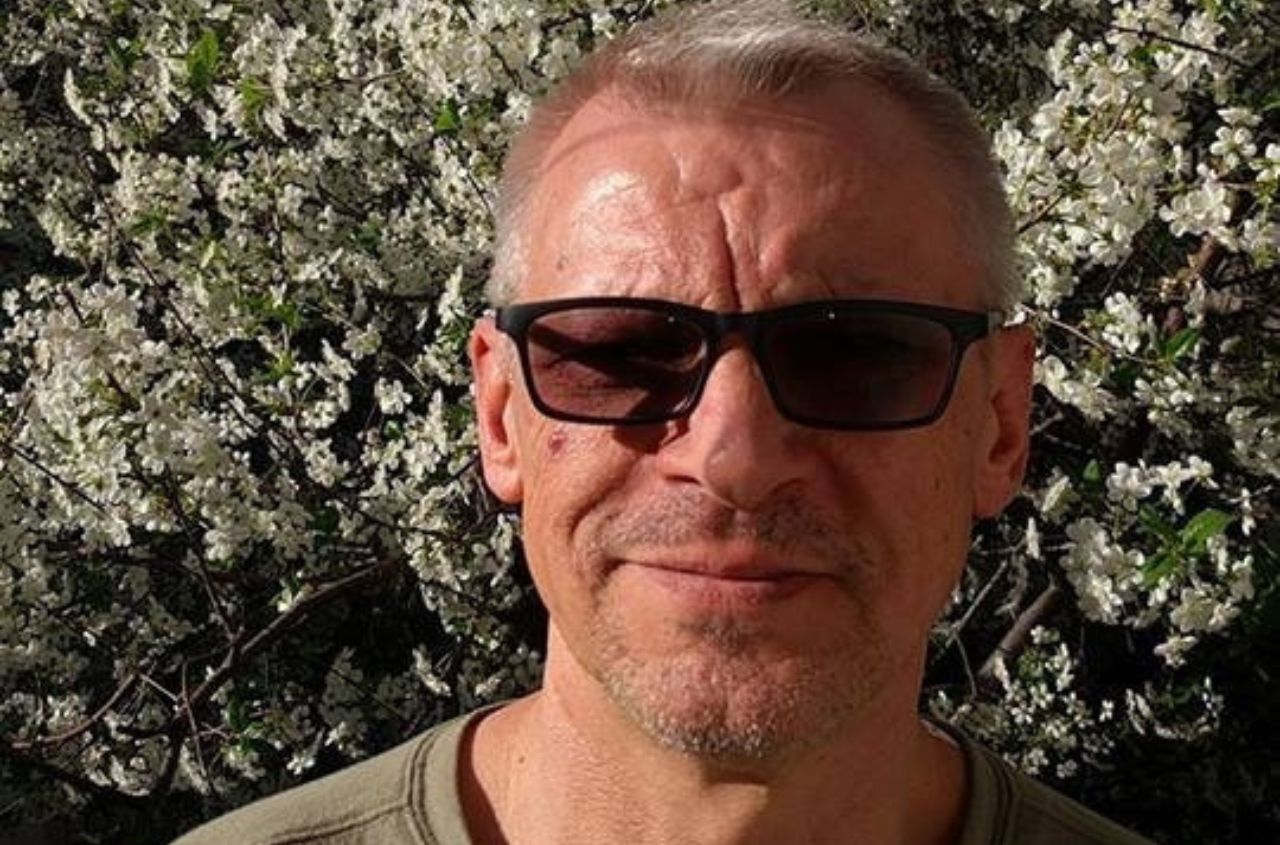The exhibition "Fioretti" of the famous Odessa painter and graphic artist Pavel Schwartz opened at the Odessa Art Museum. An exposition of 65 works of the artist was presented here. These are works mainly made in the 1900-1920s.
His modernist style works are distinguished by vivid images and, sometimes, mysteriousness, telling about the miracle and beauty of life.
"Fioretti" - tells about the work of the XIV century "The Little Flowers of St. Francis" (Italian: Fioretti di San Francesco) was composed at the end of the 14th century. The collection tells about the life of the saint and vividly depicts the miracles he created.
Also in the paintings of Schwartz, each object or flower has a character and its own history. The works reveal a certain secret or truth, which at first glance may seem hidden, but everything is obvious. The exhibition also presented the artist's watercolors, in which he skillfully conveyed light and vivid images of his time.

Right: Costumes sketches for the opera "Don Carlos"
He born on December 9, 1875 in Odessa. He graduated in the Odessa Richelieu gymnasium, then the law faculty of the Novorossiysk University (1895-1899). In 1902 he left for Paris, where he studied at the Vitti Academy for two years.
Paul Schwartz belonged to a wealthy family that owned apartment buildings in Odessa. He himself and his family lived on Ostrovidov (Novoselsky) street in house number 71. Many ethnic Germans lived on this street. In the reference editions of 1904, 1908, 1911, it is indicated that the home owner was P.F. Schwartz. In 1914, the house had two owners - P.F. Schwartz and his sister E.F. Rosenberg.

Watercolour

Fontain

Woman with the hat
In 1905, 1911-1919 took part in exhibitions of the Association of South Russian Artists. In the pre-Soviet period, the artist also participated in the 1914 exhibition-lottery and the exhibition of the "Independent" in 1918.
The work of Paul Schwartz was significantly influenced by French modernists and he was one of the few who managed to retain the grain of this influence even in Soviet times. After the revolution, the artist took up botanical illustration and the development of theatrical scenery. Working in these areas allowed him to maintain a relative creative freedom.
In 1922, Paul Schwartz was one of the founders of the K.K. Kostandi (1922-1929) and for five years, from 1925, was exhibited at all the annual autumn exhibitions of the association. In 1921, Paul Schwartz worked as an artist in the 1st Odessa Territorial Battalion District. From 1923 to 1934 he was the scientific secretary and expert of the museum fund in Odessa.

Right: Filippetto is a character in a play by C. Goldoni
Since 1926 he is the Chief Artist of the Odessa Opera Theatre, took an active part in the restoration of the theatre after the fire of 1925, the author of scenery and costumes for many performances of the theater (the operas "Aida" and "Don Carlos" by Giuseppe Verdi, the play "Samodurs" by Carlo Goldoni, etc.).
"All residents of the house knew Paul Fedorovich (that is what he was called in the family and in the yard) as the chief artist of the opera house. It was said that the magnificent main curtain on the stage of the theater is the fruit of the labour of their respected neighbour. Several other artists and costume designers of the opera house lived in the house. Since most of the house was inhabited by representatives of the intelligentsia, many were from the “formerâ€, they often went to the opera house and were very proud of their close acquaintance with the main artist, a very modest, noble and friendly person"
The artist's works are in museums and private collections. In the Odessa Municipal Museum of Personal Collections. A.V. Bleshunov, the master is represented by the chamber poetic watercolour "Irrevocable" (1917).
In 1934, Paul Schwartz died of tuberculosis. He did not receive the final approval of socialist realism and he suffered the suppression of his art, declared "formalist".
Today, Schwartz's name is almost forgotten, and the opportunity to see his works live is a rarity.
Entrance by ticket to the main exhibition (100/50 UAH).





















